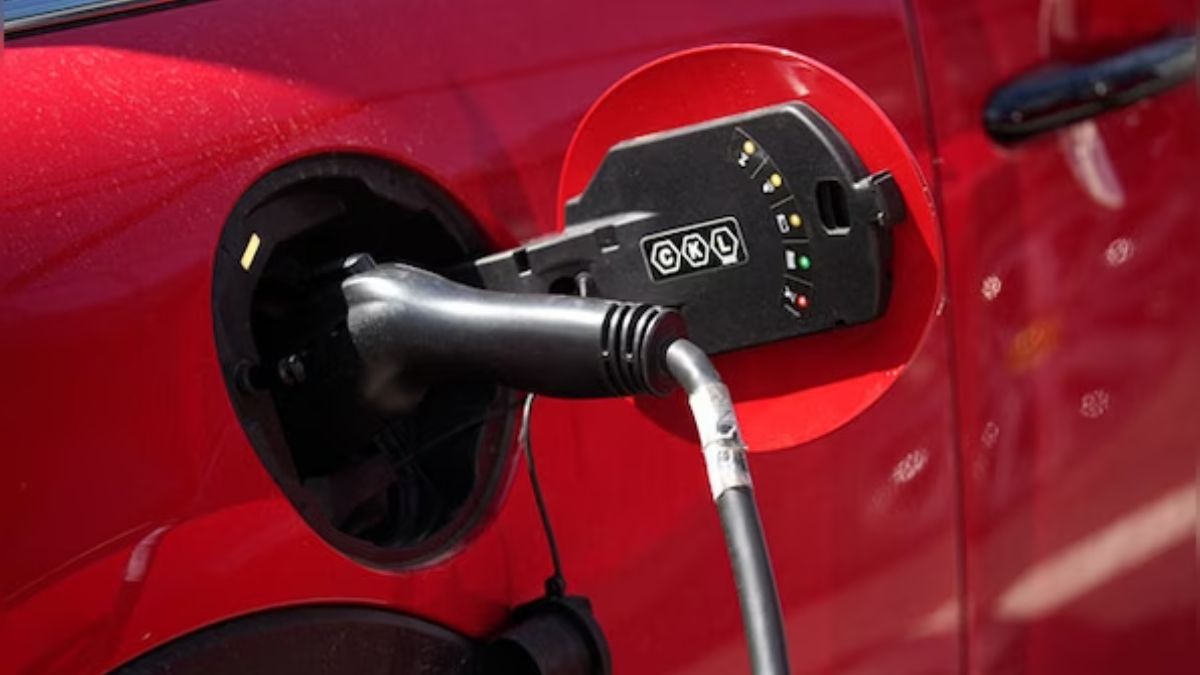India’s electric vehicle (EV) sector has witnessed remarkable growth over the past few years, driven by strong government policies such as FAME (Faster Adoption and Manufacturing of Electric Vehicles), EPMS (Electric Mobility Promotion Scheme), PLI (Production Linked Incentive), and the PM eDrive Scheme. These initiatives have provided critical incentives for both consumers and manufacturers, accelerating EV adoption across the country. As a result, the EV market in India has achieved approximately 9% penetration in the two-wheeler and three-wheeler segments. However, for India to move from 9% to 50% or more penetration and push domestic manufacturing, Budget 2025 must introduce stronger tax incentives and policy measures to address key industry challenges.
Addressing the GST imbalance: A crucial reform
One of the most pressing concerns in the EV industry is the inverted GST structure. Currently, manufacturers procure electrical components at 12 per cent and 18 per cent GST and mechanical parts at 28 per cent, while the final vehicle is taxed at 5 per cent to encourage adoption. This mismatch creates severe working capital constraints, making it difficult for manufacturers to claim input tax credits effectively. Aligning the GST rates on components with the final product tax rate of 5% will significantly ease financial strain and encourage more players to enter the market.
The expansion of charging infrastructure must also be a critical priority in Budget 2025. Currently, India has over 16,000 public charging stations - still significantly lower than the estimated requirement of 1.3 million by 2030. Incentivising private investments in charging networks, along with tax rebates for manufacturers and other companies investing in EV infrastructure, can create a more appealing ecosystem across the value chain. Additionally, policies that incentivise sustainability, be it through innovation in battery technology or refurbishment and recycling, will drive efficiency and sustainability in the long run.
Strengthening domestic manufacturing
While India’s EV industry is progressing, a growing dependence on imported lithium-ion batteries, semiconductor chips, and power electronics poses a threat to the sustainability of the domestic manufacturing ecosystem. Imports surged from Rs18,000 crore in FY23 to Rs24,000 crore in FY24, with a significant portion sourced from other countries. This reliance not only increases costs but also exposes the industry to supply chain disruptions. Safeguarding domestic manufacturers and promoting self-reliance under the ‘Aatmanirbhar Bharat’ vision will require the government to introduce policies aimed at incentivising the local players. This could include incentives for local battery manufacturing, R&D support for alternative battery technologies such as sodium-ion and solid-state batteries, and tariff adjustments to encourage domestic production.
Impact Shorts
More ShortsAnother critical area requiring attention is the affordability of EVs, particularly in the two-wheeler segments, which constitutes approximately 60% of India’s EV market in 2024. Extending subsidies for electric two-wheelers under the FAME III scheme, along with targeted financing options and lower interest rates for EV loans, will make EVs more accessible to a broader consumer base.
The role of MSMEs in the EV supply chain is also significant, as they contribute to components, batteries, and ancillary manufacturing. Providing easier access to credit, PLI-linked incentives, and lower tax rates for MSMEs engaged in EV production will enhance local capacity and job creation. Additionally, workforce upskilling programs tailored to EV technology can ensure a steady supply of skilled labour for the industry.
A clean and green future
India’s transition to electric mobility is a critical step towards a cleaner, greener future. With the right mix of tax incentives, financing support, and policy interventions, Budget 2025 has the potential to be a game-changer for the EV industry. Addressing GST challenges, facilitating technology partnerships, and providing financial aid to manufacturers are likely to drive mass EV adoption and strengthen India’s position as a global EV manufacturing hub. By strategically investing in EV policies, India has the opportunity to lead the global EV market, reducing carbon emissions, ensuring energy security, and creating millions of jobs. A self-reliant EV ecosystem will not only enhance India’s economic competitiveness but also contribute significantly to achieving its net-zero emissions target by 2070.
The author is Vice Chairman and Managing Director, Kinetic Engineering Ltd. Views expressed in the above piece are personal and solely those of the author. They do not necessarily reflect Firstpost’s views.


)

)
)
)
)
)
)
)
)



